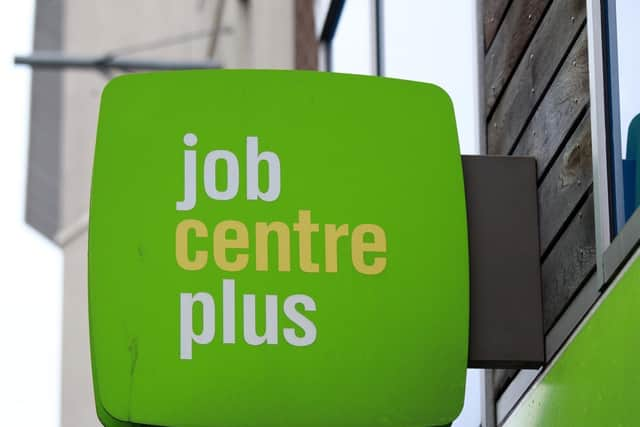New figures show BME unemployment rising nearly twice as fast as white unemployment in East Midlands
and live on Freeview channel 276
The TUC analysis of figures from the Office for National Statistics (ONS) reveals that in the East Midlands the BME unemployment rate rocketed from 6.7 per cent to 13.2 per cent between the final quarter of 2019 and the final quarter of 2020.
Over the same period, the white unemployment rate increased from 3.2 per cent to 4.9 per cent.
Advertisement
Hide AdAdvertisement
Hide AdThat means one in eight BME people in the East Midlands are now unemployed, compared to one in 20 white workers.


Lee Barron, TUC regional secretary, said: “Everyone deserves a decent and secure job.
"But Covid-19 has held a mirror up to the discrimination in our labour market.
“BME workers in the East Midlands have really felt the impact of the pandemic.
Advertisement
Hide AdAdvertisement
Hide Ad"They’ve been more likely to have lost their jobs – working in industries like hospitality and retail that have been hit hard by unemployment.
“When they've kept their jobs, we know that they are more likely to be in insecure and low-paid work that has put them at greater risk from the virus.
"Many have paid with their lives.
“This crisis must be a turning point.
"Ministers must hold down unemployment, create good new jobs and challenge the systematic discrimination that holds BME workers back.
“As a result, the TUC is calling on government to create good new jobs – we could create 1.2 million new jobs in the next two years in clean green infrastructure, and by unlocking public sector vacancies.
Advertisement
Hide AdAdvertisement
Hide Ad“Introduce mandatory ethnicity pay gap reporting and make employers publish action plans to ensure fair wages for BME workers in the workplace.
“Ban zero-hours contracts and strengthen the rights of insecure workers – which will have a disproportionate impact on BME workers.
“Publish all the equality impact assessments related to its response to Covid-19 and be transparent about how it considers BME communities in policy decisions.
“And give more financial support for people who have lost their jobs.
"Without a boost to universal credit, many will be pushed into poverty.”